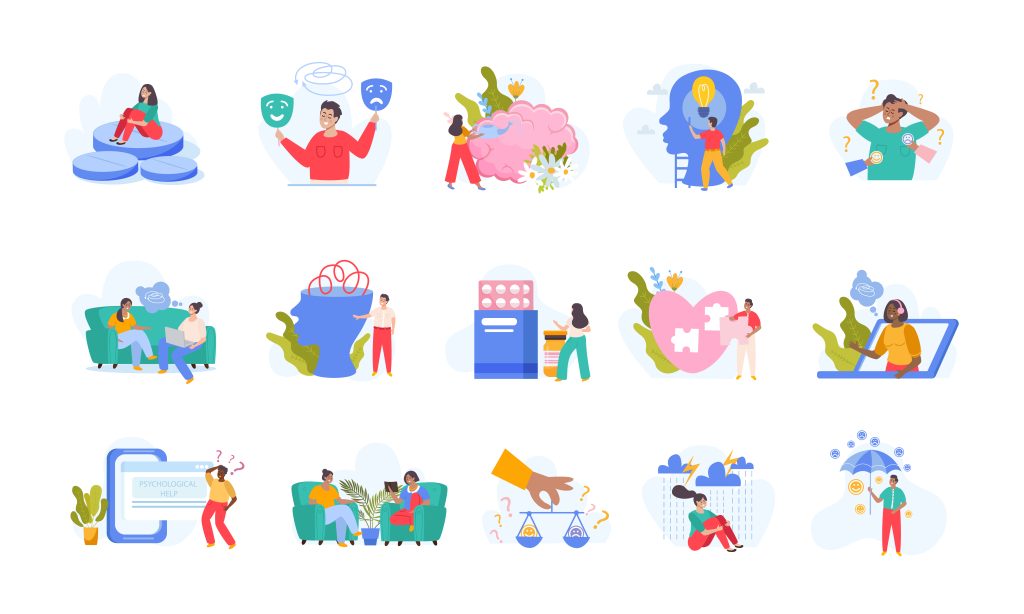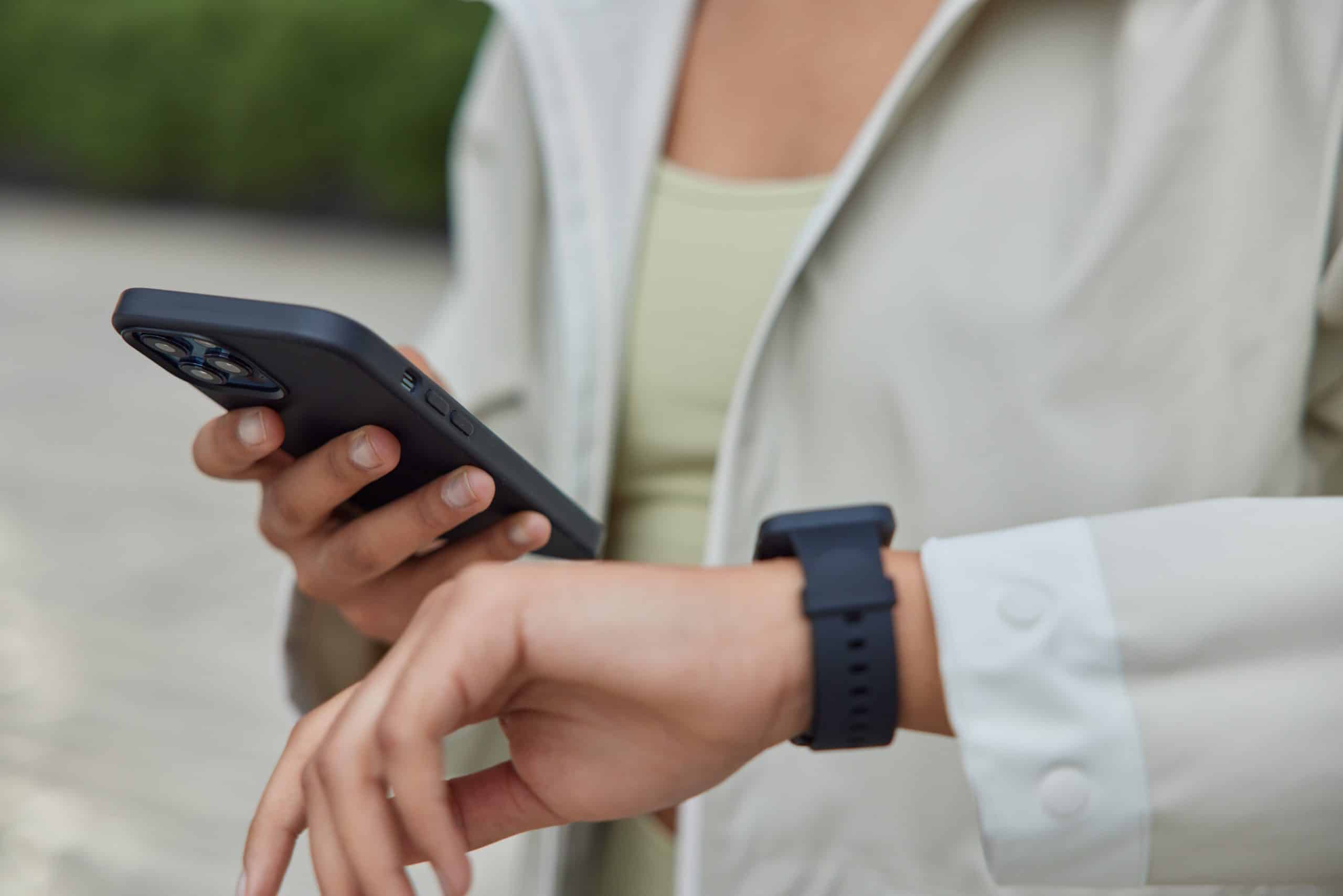How to build a mental health routine that works for you starts with one simple idea: consistency through micro-habits. Whether it’s a 60-second breathing break or a five-minute screen-free lunch, today’s top mental wellness strategies focus on small, science-backed actions you can realistically stick with—even on your busiest days.

Whether you’re a busy professional, student, or parent, creating time for mental wellness can feel impossible. But you don’t need hours. By adopting consistent micro-habits like one-minute meditations, quick digital detoxes, or simple movement breaks, you can construct a personalized, science-supported mental health routine that’s both powerful and realistic.
What Are Micro-Habits?
Micro-habits are small, repeatable actions that, over time, produce substantial change. Unlike ambitious goals that fizzle out, micro-habits are sustainable because they’re easy to integrate into everyday life.
In 2025, the most impactful mental health micro-habits include:
- Micro-Meditation: 1–5 minute breathing or mindfulness sessions
- Micro-Movement: Stretching, walking, or light activity every hour
- Digital Detox: Short breaks from screens to recalibrate the nervous system
These habits require minimal effort but deliver cumulative benefits, making them ideal building blocks for any mental wellness routine.
Micro-Meditation: Big Calm in Small Doses
You don’t need 30 minutes of silence to feel calm. Micro-meditation—mindful breathing or guided reflection for just 1 to 5 minutes—helps regulate stress and sharpen focus.
A study published in arXiv demonstrated that a single 10-minute meditation session improved attention and executive functioning, even among beginners (Jain & Markan, 2022). According to Psychology Today, brief daily meditations can also lower anxiety, elevate mood, and enhance mental resilience (Psychology Today, 2023).
Sample Practices:
- Start your day with 2 minutes of gratitude breathing.
- Pause before meetings for a quick grounding breath.
- End your day with a 3-minute self-compassion check-in.
Over time, these small moments cultivate emotional balance and improved cognitive control.
Micro-Movement: Fuel Focus with Motion
Sitting for hours dulls the mind and stresses the body. Micro-movement—short physical breaks every 30–60 minutes—refreshes energy and supports cognitive function.
Micro-movement could be as simple as:
- Rolling your shoulders at your desk
- Taking a 5-minute walk around your home or office
- Doing a few bodyweight squats or stretches
The 2025 YuMuuv Wellness Trends Report noted that micro-movement helps counteract burnout and maintain mental energy during work hours (YuMuuv, 2025). These short breaks also improve circulation and reduce physical tension that can trigger irritability and stress.
Digital Detox: Reclaim Mental Clarity
Screen fatigue is real. Constant scrolling and multitasking spike cortisol, lower sleep quality, and erode emotional stability. That’s why mental health experts recommend integrating regular digital detox intervals into your day.
Rather than avoiding devices altogether, schedule intentional screen-free windows—like during meals or an hour before bed. These moments improve clarity, reduce overstimulation, and support healthier sleep rhythms.
According to the American Psychological Association, brief daily digital detoxes are associated with reduced stress hormones and better emotional regulation (APA, 2025). The practice is simple but effective: less screen, more presence.
Practical Detox Ideas:
- Have tech-free lunches or dinners
- Put your phone away after 9 PM
- Use airplane mode during 15-minute rest periods
This space allows your nervous system to reset, improving mood and decision-making.
Wellness Pairing: Combine Habits for Efficiency
Wellness pairing is a rising trend in 2025 where two micro-habits are combined for greater effectiveness. This could mean meditating while walking, journaling with tea, or stretching while practicing gratitude.
Pairing habits makes them more enjoyable and easier to maintain. The Adelaide Now Lifestyle Report suggests that these combinations reduce resistance to starting and reinforce consistency (Adelaide Now, 2025).
Try These Combos:
- Walk outdoors while doing mindful breathing
- Practice neck rolls while listening to calming music
- Meditate in nature for a double wellness boost
The goal is to embed healthy practices into your lifestyle with ease and pleasure.
A Daily Routine Using Micro-Habits
Here’s how to build a mental health routine that works for you using easy, science-backed actions:
| Time | Activity | Duration |
|---|---|---|
| 7:00 AM | Gratitude breathing | 2 mins |
| 9:30 AM | Desk stretch and posture reset | 1 min |
| 12:00 PM | Screen-free lunch and light walk | 20 mins |
| 3:00 PM | One-minute mindful breathing | 1 min |
| 6:00 PM | Wellness walk + podcast or music | 15 mins |
| 9:00 PM | No screens + brief journaling | 15 mins |
These short activities create rhythm and resilience throughout your day.
The Psychology Behind It All
Why do micro-habits work so well?
1. Cognitive Ease
Micro-habits bypass the brain’s resistance to change by requiring minimal decision-making and effort.
2. Neural Conditioning
Repeated small actions reinforce neural pathways that support mental health and emotional control.
3. Cumulative Impact
Consistent daily micro-habits generate long-term improvements in focus, stress levels, and sleep.
A study by the American Psychological Association reported that journaling just 10 minutes a day reduced perceived stress by 27% over two weeks (APA, 2025). Another study on screen usage showed that digital detoxes reduced symptoms of anxiety by nearly 30% in university students (Behavioral Health News, 2025).
Tips for Sticking with It
- Anchor Habits to Existing Routines
(e.g., meditate after brushing your teeth) - Start With One or Two
Don’t overwhelm yourself—consistency beats variety. - Track Progress
Use a habit tracker app or a physical journal. - Use Visual Reminders
Post sticky notes or set phone alarms to prompt action. - Celebrate Micro Wins
Recognize weekly streaks to stay motivated.
Final Thoughts
Understanding how to build a mental health routine that works for you doesn’t mean following rigid rules. It means identifying what your mind and body need—and giving it to them in small, frequent doses. Micro-habits offer the most flexible, realistic, and scientifically supported way to nurture your mental well-being in 2025.
Start with one habit today. Build consistency. And in time, those small acts will lead to massive emotional and mental gains.
References
YuMuuv. (2025). 25 Wellness Trends Shaping the Future of Health. Available at: https://yumuuv.com (Accessed: 3 July 2025).
Jain, M., & Markan, C. M. (2022). Effect of Brief Meditation Intervention on Attention. Available at: https://arxiv.org (Accessed: 3 July 2025).
Psychology Today. (2023). Calm Your Mind With Micro-Meditation. Available at: https://www.psychologytoday.com (Accessed: 3 July 2025).






